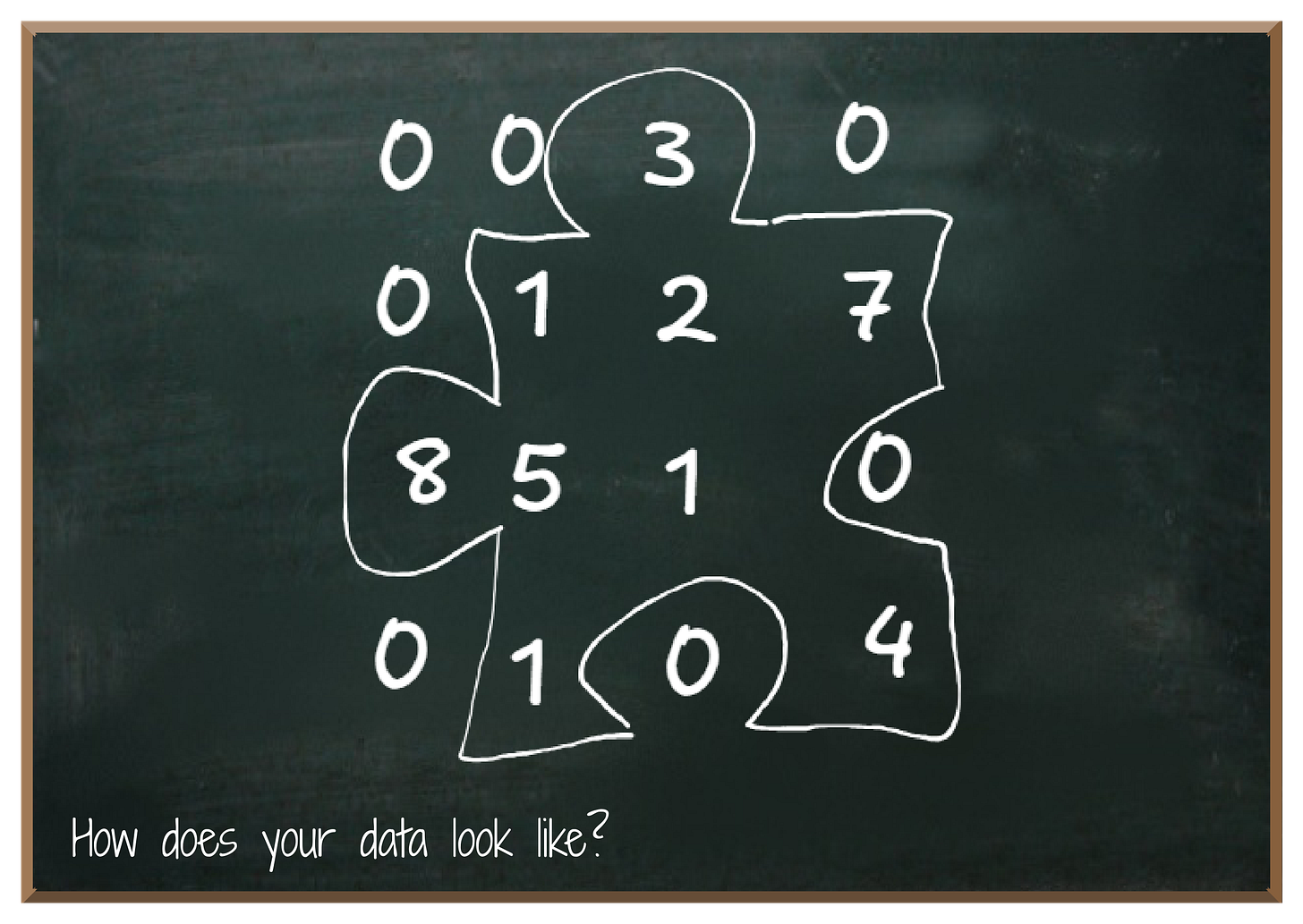Quantum computers are powerful, but they come with strict rules. One of the biggest is this: **they can only perform operations that are unitary**.
What does that mean? A **unitary operation** is a special kind of mathematical transformation that doesn’t lose or create any information. It's like rotating a perfect cube in 3D space. The cube stays the same shape and size no matter how you turn it. In quantum computing, these operations are necessary to keep the "quantumness" of the system intact.
But there’s a problem: **real-world data isn’t usually unitary**.
Imagine you’re trying to feed data into a quantum algorithm. Maybe a matrix of numbers that represents a system of equations, or some pattern in your dataset. This data might involve scaling, noise, or other properties that don’t follow the strict rules of unitary operations. That means you can’t use it directly on a quantum computer.
So how do we get around this?


